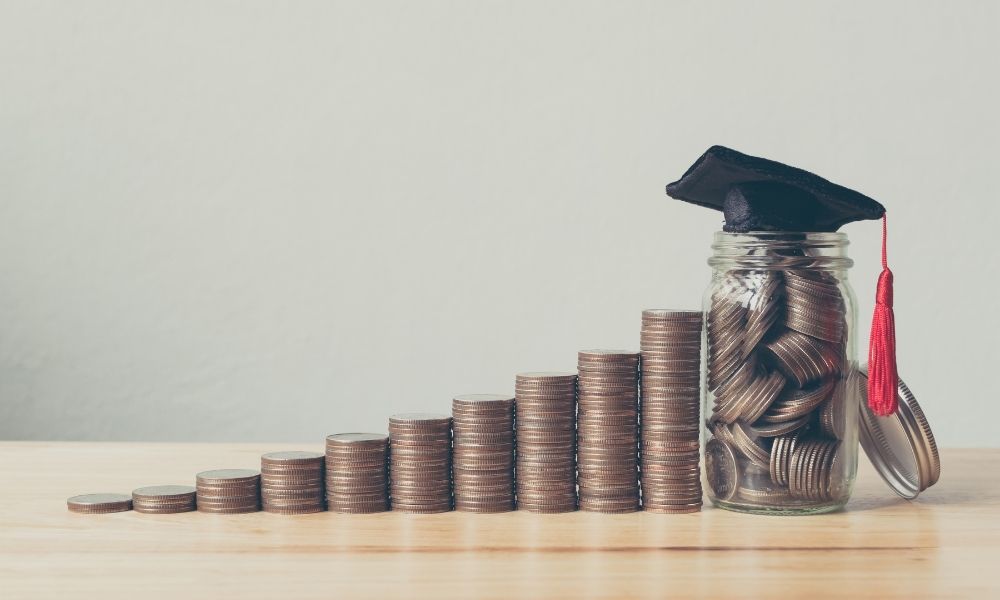While you’re attending college, you may already feel the weight of your student loans and worry about how you’ll afford to pay them off. If you have extra money at the end of the month, whether from your work-study job or another part-time job, putting a little toward your impending loans may cross your mind. The answer will vary based on the type of student loans you’ve taken out, but you may find yourself asking the common question: should you start paying off student loans while in school?
Benefits of Paying Early
If you have federal student loans, chances are, you don’t need to start making payments until six months after you graduate or leave school. Some loans, such as the Parent PLUS loan, begin their repayment efforts right after disbursal of the full loan. Many private loans follow the same pattern of a six-month grace period, but it’s important to read the fine text of your agreement to make sure.
Students with financial hardship may obtain federal subsidized student loans, where the government pays the interest accrual during school and during your six-month grace period after graduation. In this case, payments you make toward your student loans—no matter how small—go directly toward the total amount of your loan.
Making payments on federal unsubsidized loans during school will cut down the total amount of your accrued interest. This is still important, especially if you want to keep your interest amount low. Once your grace period is over, your total loan amount may increase and surprise you—this is because it’s including the capitalized interest accrued during your education and grace period. By making an effort to pay off your interest monthly, you’ll reduce the total amount you’ll owe after college.
Is It Necessary?
Making payments to your loan provider early may handle interest or cut off a chunk of debt, but in reality, you may not make enough money as a college student to afford early student loan payments. If you’re concerned about whether you should start paying off student loans while in school, it’s best to sit down and look at the type of loans you have. You may have a mix of high-interest, unsubsidized loans and subsidized loans. If you have high-interest, unsubsidized loans, paying off the interest as it accrues during school will save you money down the line.
As an important note, making payments toward your federal student loans during school will not count towards your student loan forgiveness at the end of a repayment program. It will lower the total amount or the interest, but it’s important to consider the type of federal student loan repayment plan you want to strive for when your grace period is over. Making payments now may lower the amount you pay every month for the repayment plan you want to aim for; however, it’s ultimately not necessary.

